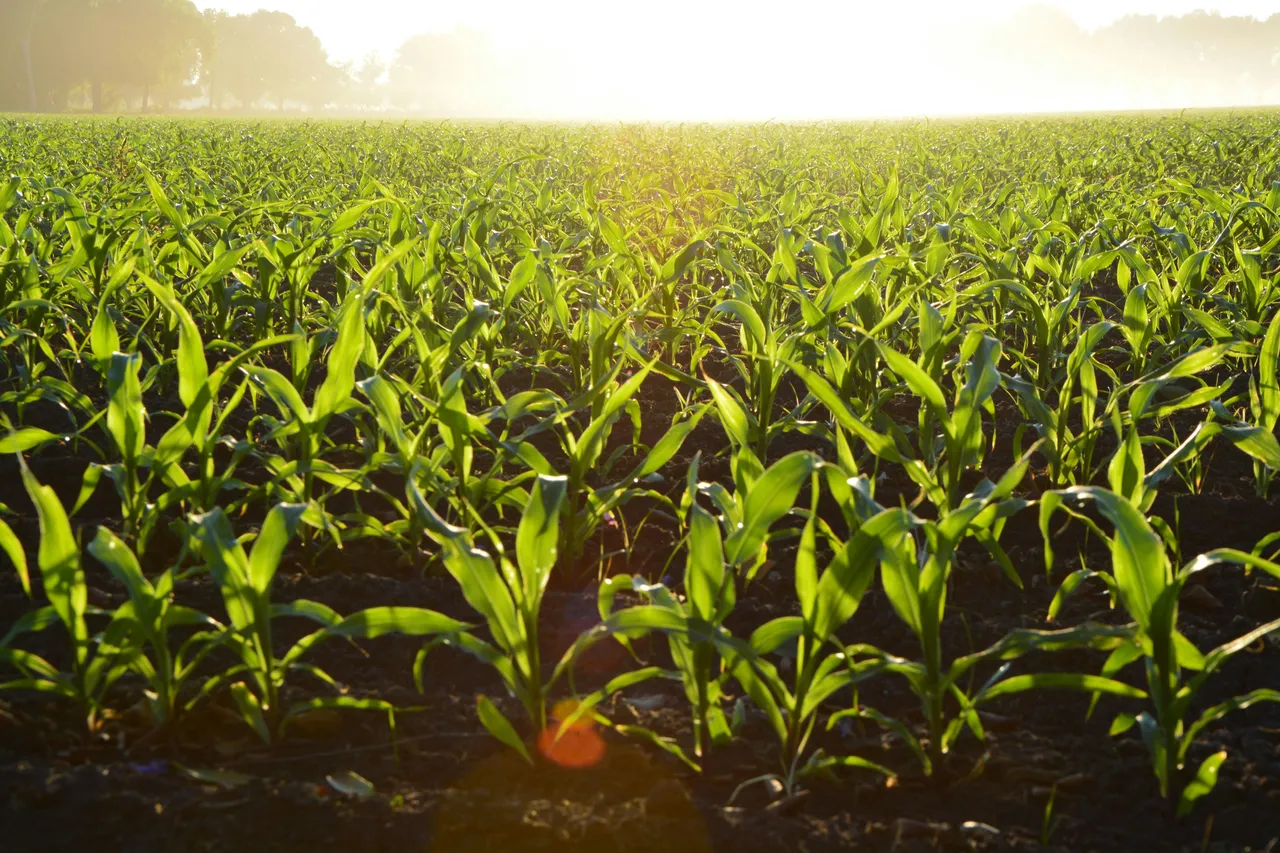The say better late than never. Well, I will like to say something about the last contest. That is, FUTURE FEAST FAMINE.

[image source](Photo by Alejandro Barrón from Pexels: https://www.pexels.com/photo/corn-field-during-daytime-96715/)
The world is facing a critical food and agricultural crisis. Access to fresh, healthful food has become an expense for many, and this issue is only set to worsen in the years coming. The difficulties of manufacturing and distributing food are complex and broad, requiring a complete approach and response.
One of the most critical problems is climate change, which has harmed agricultural output as well as productivity. Crops and livestock have suffered as temperatures rise, precipitation patterns shift, and extreme weather events become more often. In addition, degradation of the environment, lack of water, and soil erosion undermine the viability of food production.
Another major problem is declining biodiversity, since monoculture farming methods and rising demand on expensive meat and milk products are causing a drop in various crop and plant species. This not only jeopardises food security, but also has serious implications for ecosystem health. Inefficient manufacturing processes and transportation networks also increase the issue. Food wastage and losses after harvest are astonishing, accounting for approximately one-third of the total amount of food produced worldwide. This is deteriorated by high prices and prohibited access to nutritious food, particularly in towns.

To get around these problems, it is critical to use sustainable agricultural approaches such as ecological farming and permaculture. Investing in climate-resistant buildings and advocating for diets made up of can also assist lessen the environmental effect of food production. Supporting tiny size, nearby farmers and community-based initiatives can improve food availability and cost. Technology can also play an important role in overcoming these issues. The use of precision agriculture vertical farming, as well as additional advances may boost efficiency while lowering waste. Policy improvements and changes to governance are also required to establish a conducive climate for food system sustainability.
Looking ahead, the future of food and agriculture will require major shifts. We have to emphasise sustainable, climate-resilient farming practices while also embracing technology advances. A change to plant-based diets and other protein sources will be needed, as will a greater emphasis on food recovery and waste reduction. Localised and distributed the food system will become increasingly vital, and worldwide cooperation will be necessary to address global food security problems. Working together, we can assure a food-secure tomorrow for all.